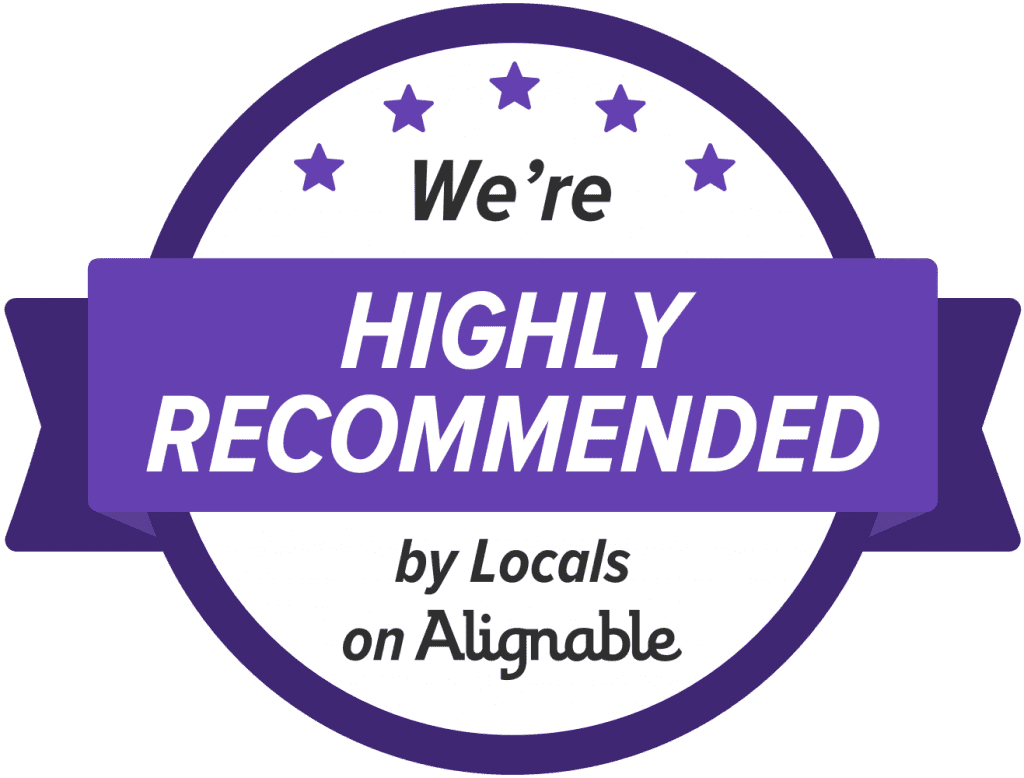In today’s digital age, having an online presence is crucial for any business or individual. However, simply having a website is not enough. You need to ensure that your website is visible to your target audience, and that’s where search engine optimization (SEO) comes in.
What is SEO?
SEO is the practice of optimizing your website to rank higher in search engine results pages (SERPs). When someone types a query into a search engine, such as Google, the search engine uses an algorithm to determine which websites to display in the results. SEO involves making changes to your website to improve its chances of ranking higher in the results for relevant queries.
Why is SEO important?
The higher your website ranks in the SERPs, the more likely it is that people will click through to your website. This can drive more traffic to your website, which can lead to more leads, sales, and revenue. Additionally, ranking higher in the SERPs can help establish your brand as a thought leader in your industry.
How does SEO work?
SEO involves a combination of on-page and off-page optimization. On-page optimization involves optimizing the content and HTML source code of your website, while off-page optimization involves building backlinks to your website from other reputable websites.
Some key on-page optimization factors include:
- Keyword research: identifying the keywords and phrases that your target audience is searching for
- Title tags and meta descriptions: optimizing these elements to include your target keywords and entice searchers to click through to your website
- Header tags: using header tags (H1, H2, H3, etc.) to structure your content and make it easier for search engines to understand
- Content optimization: creating high-quality, relevant content that incorporates your target keywords
Some key off-page optimization factors include:
- Link building: earning backlinks from other reputable websites in your industry
- Social media: building a strong social media presence and promoting your content on social media
- Local SEO: optimizing your website for local search queries, such as “plumber near me” or “restaurant in [city]”
Conclusion
SEO is a complex and ever-evolving field, but it’s essential for any business or individual looking to establish a strong online presence. By optimizing your website for search engines, you can drive more traffic to your website, establish your brand as a thought leader, and ultimately drive more leads, sales, and revenue.









